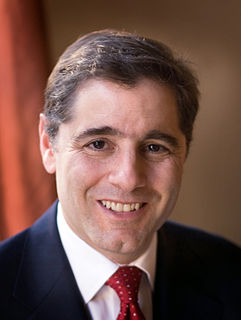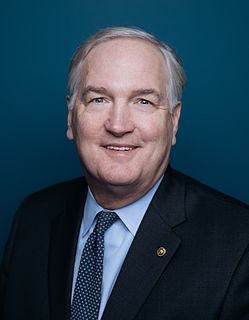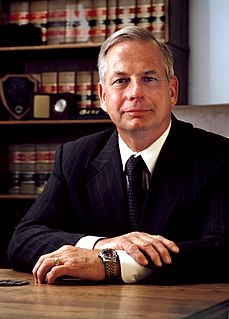A Quote by Vint Cerf
There needs to be some regime that is overseeing access to broadband to make sure we have openess; otherwise, there is a risk it won't be open anymore. We spent quite a bit of time with Verizon policy people in addition to participating in a multilateral discussion with the Federal Communications Commission.
Related Quotes
Transparency concerning the Federal Reserve's conduct of monetary policy is desirable because better public understanding enhances the effectiveness of policy. More important, however, is that transparent communications reflect the Federal Reserve's commitment to accountability within our democratic system of government.

































